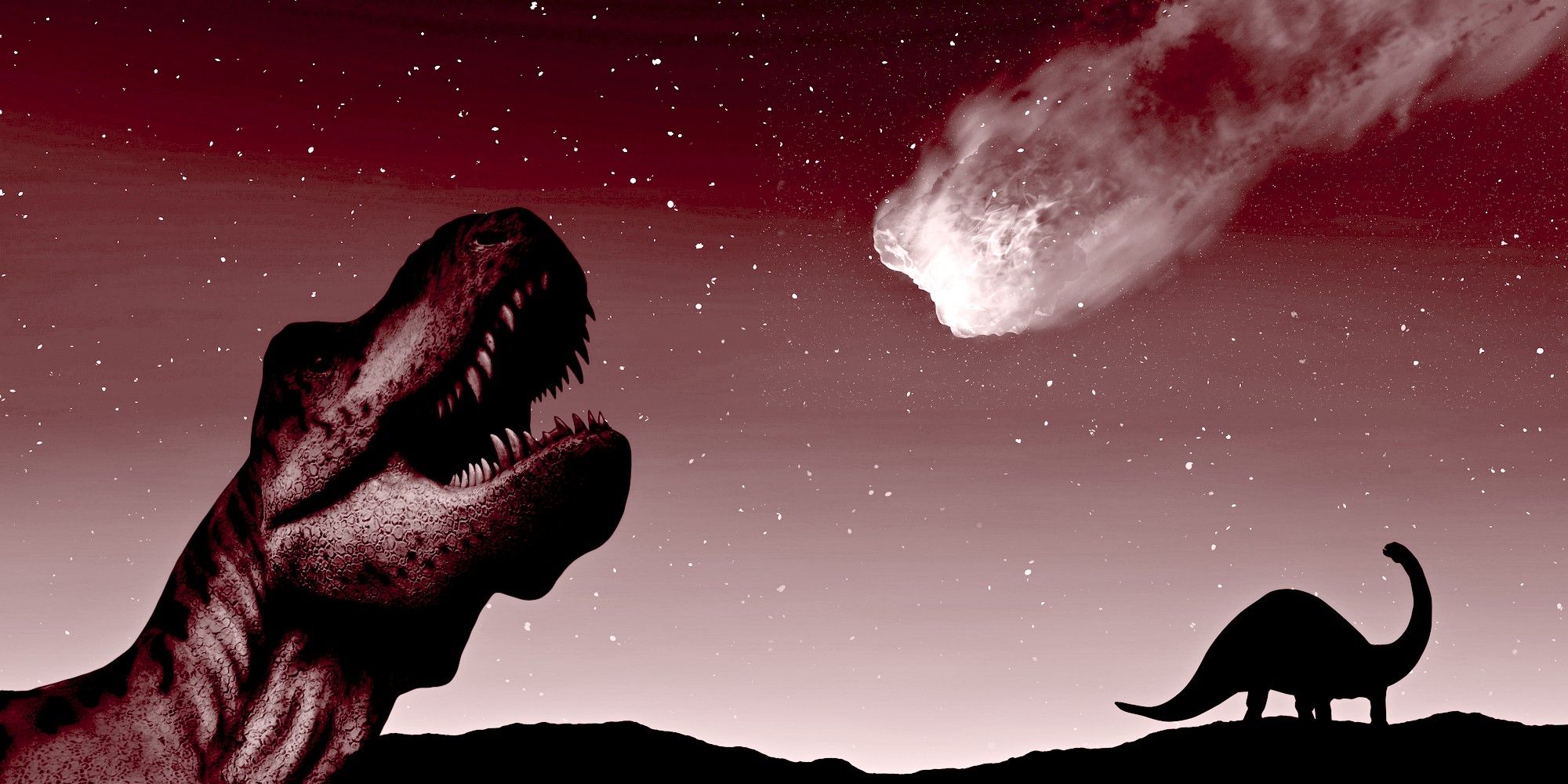Did Volcanoes Kill Off The Dinosaurs? New Research Throws Wrench In Theories
According to new research, the climate change caused by massive volcanic events in India didn’t bring a swift end to the dinosaur population.
You Are Reading :Did Volcanoes Kill Off The Dinosaurs New Research Throws Wrench In Theories

A collaborative research effort has seemingly ruled out the volcanism theory for the extinction of dinosaurs some 66 million years ago, lending more strength to the hypothesis of an object from space crashing on the Earth and causing a cataclysmic event. Even though the asteroid theory is more widely accepted, and the massive crater in Mexico appears to be hard evidence, scientists have still been researching the theory that the largest recorded volcanic activity at the Deccan Traps region in India contributed to the climatic changes that eventually spelled the doom for dinosaurs, as well as a wide variety of other flora and fauna.
The volcanism theory mentions that flood basalts from the Deccan Traps volcanic eruptions released a huge amount of gas and sulfur-heavy aerosols in the air, blocking the sunlight and reducing photosynthesis in plants as a result. On the other hand, carbon dioxide gas released in the atmosphere led to the Greenhouse effect, raising the average global temperature that stressed out the life forms in the Cretaceous era to the point of extinction due to the disastrous climate change.
However, a new study by experts from the University of Barcelona and IUCA-University of Zaragoza has thrown more doubt on the possible volcanic origins of the mass extinction event that happened nearly 66 million years ago. Studying the microfossil-rich sediments and rocks layer deposited between the 66.4 and 65.4 million years ago (Ma) era in Zumaia region of Spain, scientists were able to determine what they claim to be the most accurate dating of climate change episodes during the phase when dinosaurs were on a decline. The conclusion of the study was that the mass extinction was caused by an asteroid strike and it all happened almost instantly on a geological scale, and not due to a chain of massive volcanic eruptions over a long spell.
Volcanism Caused Climate Change, But An Asteroid Pulled The Trigger

With the Cretaceous/Paleogene boundary (K/Pg) set as the reference point for studying climate change before and after the extinction event, the team observed that there was a period of high environmental stability for around 100,000 years before the K/Pg boundary, showing no signs of any significant disturbance. In fact, the paper cites the stratigraphic results to prove that the volcanic eruptions in Deccan Traps achieved a profound climate change signature only when it coincided with periods of orbital forcing. For the unaware, orbital forcing refers to climatic changes caused by the slow changes in the shape of Earth’s orbit and the tilt of its axis, a process that is better explained using the scientific term Milankovitch cycles.
To get a better idea of how much volcanic activities contributed to the dinosaur extinction, scientists studied changes in the carbon cycle and climatic effects before and after the KPB boundary, deliberately excluding the Chicxulub asteroid event. Using data collected from microfossils, scientists arrived at the conclusion that climate change caused by volcanic activity in the Deccan Traps and changing eccentricity of the Earth’s orbit was a gradual process, and took shape over hundreds of thousands of years in a collaborative fashion. What this means is an external event — a massive asteroid impact — was the trigger behind this particular extinction event that wiped out the non-avian dinosaurs and a huge chunk of plant species off the planet’s face.
Link Source : https://screenrant.com/what-killed-the-dinosaurs-volcano-theory-asteroid/
